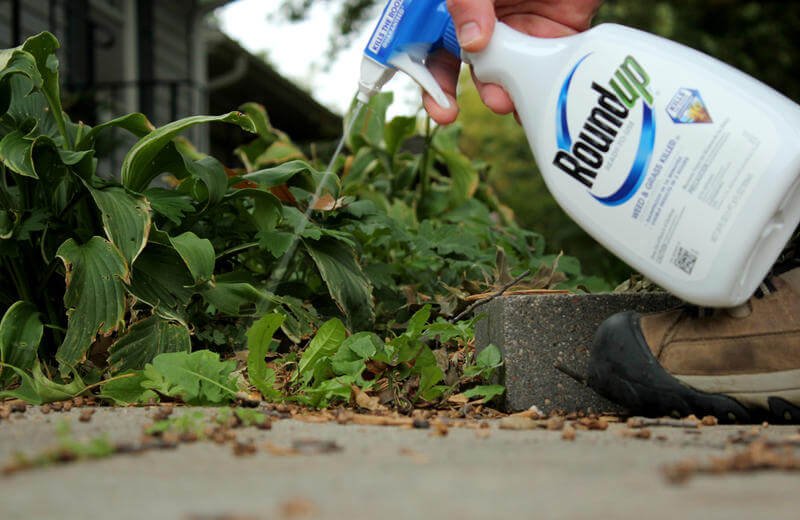Health Canada’s primary objective in regulating pesticides is to protect Canadians’ health and the environment. That is why the Department regularly reviews all pesticides to make sure that they continue to meet modern health and safety standards.
Following the release of the Department’s final re-evaluation decision on glyphosate [the active ingredient in Monsanto’s Roundup] in 2017, Health Canada received eight notices of objection. There have also been concerns raised publicly about the validity of some of the science around glyphosate in what is being referred to as the Monsanto Papers.
Health Canada scientists reviewed the information provided in these notices, and assessed the validity of any studies in question, to determine whether any of the issues raised would influence the results of the assessment and the associated regulatory decision.
After a thorough scientific review, we have concluded that the concerns raised by the objectors could not be scientifically supported when considering the entire body of relevant data. The objections raised did not create doubt or concern regarding the scientific basis for the 2017 re-evaluation decision for glyphosate. Therefore, the Department’s final decision will stand.
[Editor’s note: In April 2017, Health Canada concluded that “Glyphosate is….unlikely to pose a human cancer risk.”]
Health Canada follows a transparent and rigorous science-based regulatory process when making decisions about the safety of pesticides. As part of this process, Health Canada will publish its response to each notice of objection in the Pest Management Regulatory Agency’s Public Registry on January 14.
Our scientists left no stone unturned in conducting this review. They had access to all relevant data and information from federal and provincial governments, international regulatory agencies, published scientific reports and multiple pesticide manufacturers. This includes the reviews referred to in the Monsanto Papers. Health Canada also had access to numerous individual studies and raw scientific data during its assessment of glyphosate, including additional cancer and genotoxicity studies. To help ensure an unbiased assessment of the information, Health Canada selected a group of 20 of its own scientists who were not involved in the 2017 re-evaluation to evaluate the notices of objection.
No pesticide regulatory authority in the world currently considers glyphosate to be a cancer risk to humans at the levels at which humans are currently exposed. We continue to monitor for new information related to glyphosate, including regulatory actions from other governments, and will take appropriate action if risks of concern to human health or the environment are identified.
Read original article: Statement from Health Canada on Glyphosate































